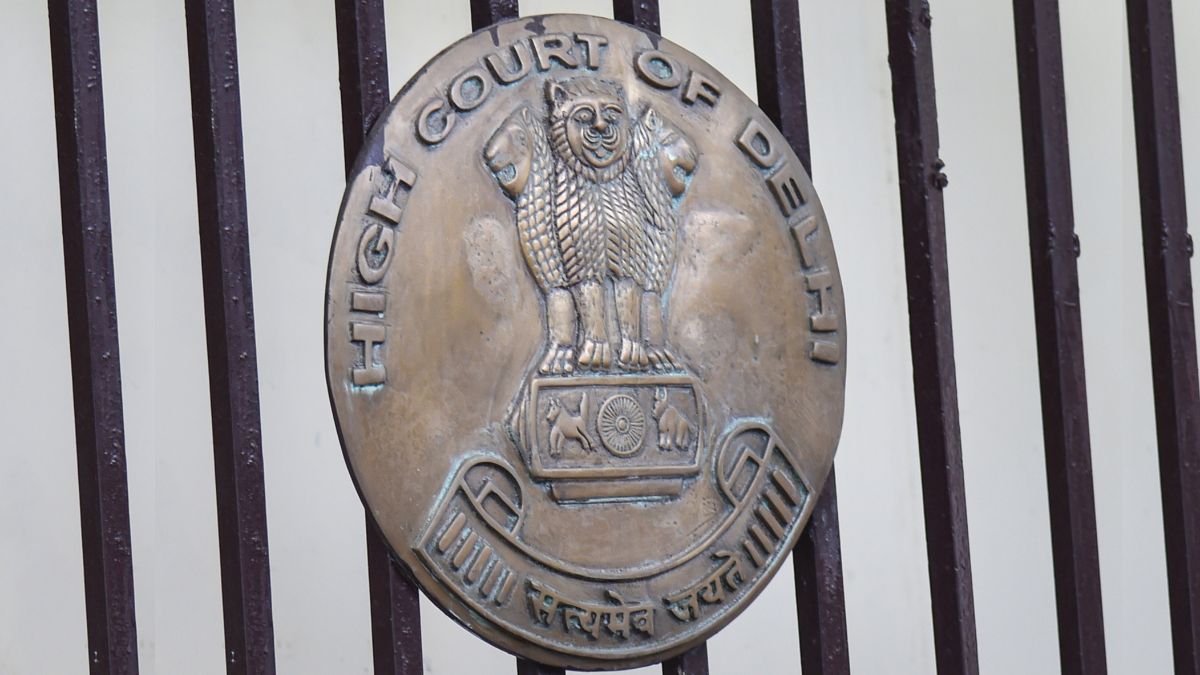Influencers critiquing products isn’t defamation, rules Delhi High Court

A supplement company sued YouTubers and Instagram influencers, alleging defamation and trademark misuse over critical reviews of its protein powder. The company claimed that terms like “ghatiya” and “sarcastic” remarks like “Doctor Has No Choice” damaged its brand and sales, seeking an injunction.
However, the Delhi High Court rejected the plea, affirming influencers’ rights to fair critique, as long as they are backed by facts. The ruling clarified that brands could not silence honest commentary, and trademark claims don’t apply when names are used for reviews, instead of profit. This protects influencers’ freedom to speak truthfully, balancing brand reputation with consumer awareness.
The case is between San Nutrition Pvt. Ltd. (the plaintiff), who has filed a suit seeking a permanent injunction against several social media influencers who had posted videos on YouTube and/or Instagram about the company and one of its products. The plaintiff alleged trademark infringement, defamation, disparagement, and unfair trade practices.
However, Justice Amit Bansal ruled that the plaintiff failed to demonstrate that the defendants’ defences of truth and fair comment were clearly false or untenable at trial.
ALSO READ | Media scrutiny necessary in democracy: SC overturns Delhi HC order to remove Wiki page about ANI’s case
The high court also found that the plaintiff did not establish a case of disparagement, as the videos in question could not be deemed false, misleading, or maliciously intended to harm the plaintiff.
The High Court rejected San Nutrition’s plea for an interim injunction, refusing to force the influencers to remove their videos and noted that the lab reports were from accredited labs, and San Nutrition failed to provide any evidence to dispute their findings.
“The plaintiff has not placed any material in justification of the claims made by it on the label,” the order read, holding the company accountable for its product’s accuracy, even if manufacturing was outsourced.
The High Court further said: “The word “ghatiya” simply meant “substandard” and was an exaggeration, not defamation. The satirical “Doctor Has No Choice” jab? Protected as free speech, not a malicious attack.”
The court also rejected the trademark infringement claim. Justice Bansal explained that simply mentioning a brand name in a review doesn’t break the Trade Marks Act, 1999—unless it's done to mislead people or make money unfairly. In this case, the influencers weren’t pretending to sell San Nutrition’s products or using the name for profit: they were just sharing information.
Justice Bansal also pointed out that influencers serve a dual purpose, they not only set trends but also help protect consumers. Stopping them from sharing honest, fact-based reviews, he warned, would limit their right to free speech and keep the public from getting important health information.
India